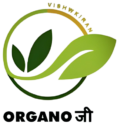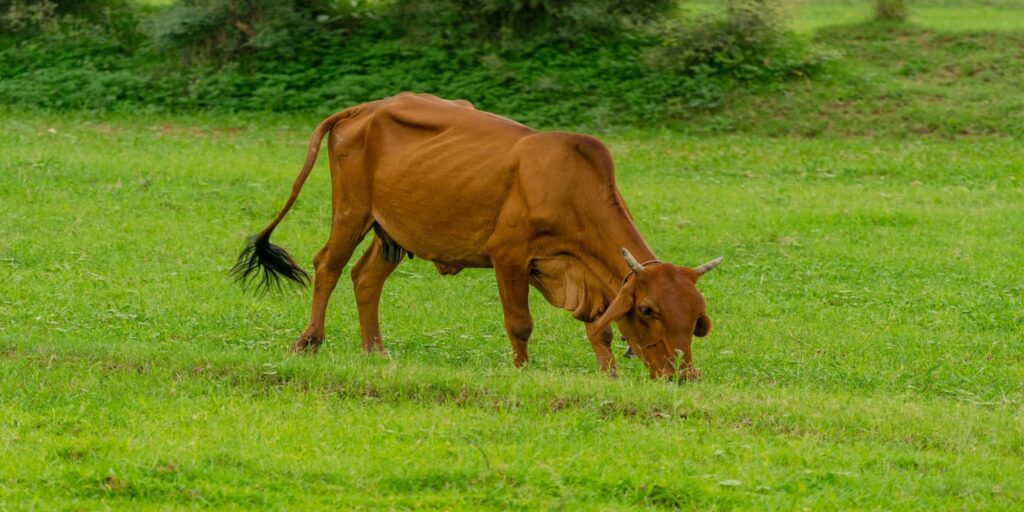Organic farming is gaining popularity worldwide because it’s good for the environment, produces healthier food, and promotes sustainable practices. Unlike traditional farming, organic farming avoids harmful chemicals and focuses on natural methods. In this blog, we’ll explore why organic farming is considered the future of agriculture, its benefits, challenges, and why it’s important for everyone.
What is Organic Farming?
Organic farming is a way of growing crops and raising animals without using synthetic pesticides, fertilizers, or genetically modified organisms (GMOs). Instead, it uses natural practices like composting, crop rotation, and biological pest control to keep the soil and plants healthy.
Benefits of Organic Farming
- Better for the Environment
Protects Soil Health: Organic farming improves soil quality through natural fertilizers like compost and manure.
Reduces Pollution: Avoiding synthetic chemicals prevents water and air pollution.
Promotes Biodiversity: Organic farms create habitats for birds, bees, and other wildlife. - Healthier Food
No Harmful Chemicals: Organic foods are free from pesticides and artificial additives, making them safer to eat.
Nutrient-Rich: Studies show organic produce often has more vitamins, minerals, and antioxidants. - Safer for Farmers
Farmers working on organic farms are not exposed to harmful pesticides, reducing health risks. - Sustainable Farming
Long-Term Productivity: Organic farming keeps the soil fertile for years, ensuring future generations can also farm successfully.
Water Conservation: Organic soil absorbs more water, which helps during droughts. - Meets Consumer Demand
With people becoming more health-conscious, the demand for organic food is increasing. This trend helps farmers earn more by selling organic products.
Why is Organic Farming the Future?
- Climate Change Resilience: Organic farming helps fight climate change by reducing carbon emissions and storing carbon in the soil.
- Global Health Awareness: More people want to eat food that’s free of chemicals and better for their health.
- Government Support: Many countries offer subsidies and incentives to farmers practicing organic agriculture.
Pros and Cons of Organic Farming
Pros:
- Eco-friendly and reduces pollution.
- Produces healthier and tastier food.
- Enhances soil quality and fertility.
- Encourages wildlife and biodiversity.
- Supports small-scale farmers with lower input costs.
Cons:
- Lower Initial Yields: Organic farming may produce fewer crops in the early years.
- Labor-Intensive: It requires more manual work compared to conventional farming.
- Higher Costs: Organic products can be expensive for consumers.
- Limited Knowledge: Farmers need proper training and knowledge to practice organic farming effectively.
How Organic Farming Helps the Planet
Organic farming works in harmony with nature, ensuring we protect the planet for future generations.
- Reduces Chemical Use: No synthetic pesticides or fertilizers are used.
- Saves Energy: Organic methods use less energy compared to conventional farming.
- Protects Water: By preventing chemical runoff, organic farming keeps water sources clean.
Challenges in Organic Farming
Despite its benefits, organic farming has challenges that need to be addressed:
- High Certification Costs: Organic certification can be expensive for farmers.
- Market Competition: Organic farmers often compete with cheaper, non-organic products.
- Pest and Disease Management: Without synthetic chemicals, managing pests and diseases requires extra effort.
The Future of Organic Farming
The future of agriculture lies in sustainability, and organic farming is a key player. Governments, organizations, and consumers are all encouraging a shift to organic practices. Innovations in organic farming methods, such as precision farming and better training for farmers, will make it even more effective.
Conclusion
Organic farming is more than a way of growing food—it’s a commitment to a healthier planet, healthier people, and a sustainable future. By supporting organic farming, we can protect the environment, improve public health, and ensure that agriculture continues to thrive for generations to come.

